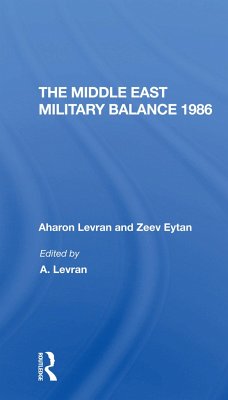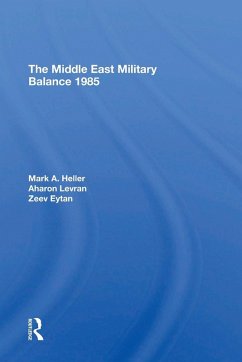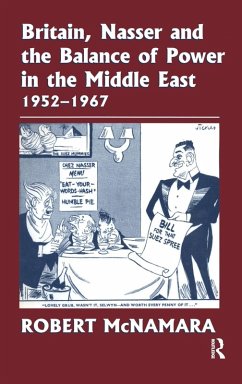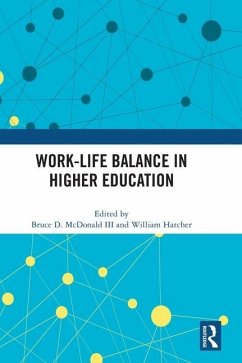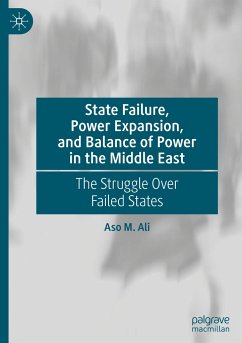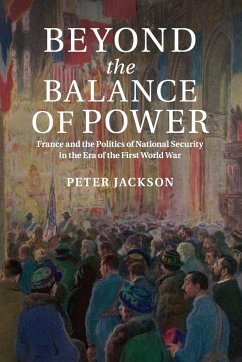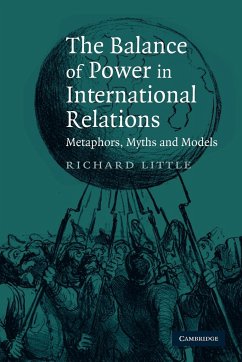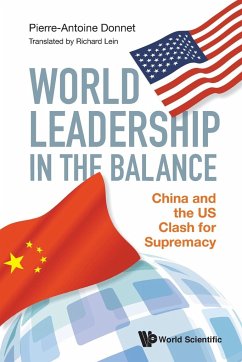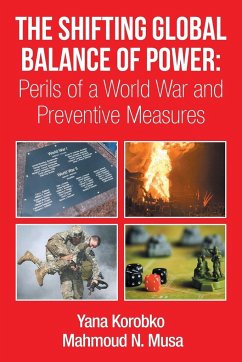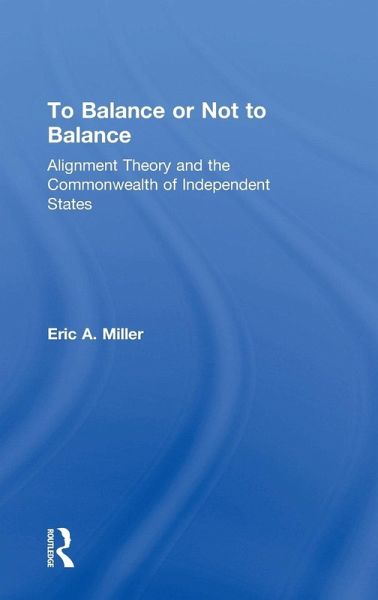
To Balance or Not to Balance
Alignment Theory and the Commonwealth of Independent States
Versandkostenfrei!
Versandfertig in 1-2 Wochen
54,99 €
inkl. MwSt.
Weitere Ausgaben:

PAYBACK Punkte
27 °P sammeln!
With the collapse of the Soviet Union in 1991, fifteen newly independent states emerged from the imperial wreckage, some more ready than others to grasp their new found independence. This book tackles the seminal question related to these broader developments: why did some states choose to align with Russia, despite Moscow's overwhelming power advantage and recurrent neo-imperial ambitions? Eric A. Miller develops and tests a theoretical framework that extends traditional realist alignment theories to include domestic level political and economic variables critical to the study of the Commonwe...
With the collapse of the Soviet Union in 1991, fifteen newly independent states emerged from the imperial wreckage, some more ready than others to grasp their new found independence. This book tackles the seminal question related to these broader developments: why did some states choose to align with Russia, despite Moscow's overwhelming power advantage and recurrent neo-imperial ambitions? Eric A. Miller develops and tests a theoretical framework that extends traditional realist alignment theories to include domestic level political and economic variables critical to the study of the Commonwealth of Independent States (CIS). Specifically, Miller argues that internal political threats to CIS leaders and the extent of a country's economic dependence on Russia were the most influential factors in determining alignments. The volume is designed to meet the need for a thorough theoretical and scholarly assessment of the international and domestic politics of CIS countries.




